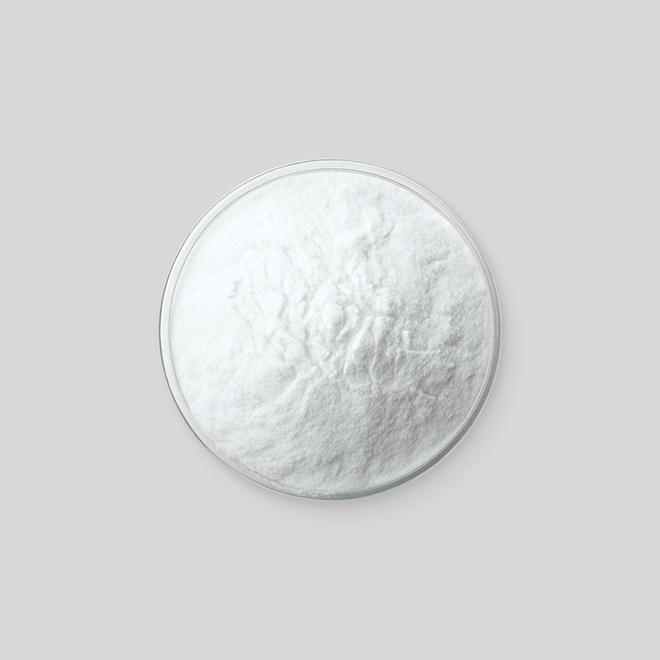Cream of Tartar




Cream of Tartar, a byproduct of winemaking, is a versatile kitchen staple with various culinary uses. It is a fine, white powder scientifically known as potassium hydrogen tartrate. Commonly used in baking, cream of tartar stabilizes whipped egg whites, prevents the crystallization of sugar in syrups, and acts as a leavening agent in certain recipes. Its acidic nature lends a tangy flavor to dishes, and it's a key component in traditional snickerdoodle cookies.
Beyond baking, cream of tartar can be used as a cleaning agent due to its acidic properties. With its ability to add texture, stability, and a hint of acidity to recipes, cream of tartar is a valuable ingredient in both sweet and savory culinary creations.
Store cream of tartar in a cool, dry place, away from moisture and direct sunlight. Keep it in an airtight container to prevent clumping.
Cream of tartar can be stored for an extended period and used in future baking or cooking projects.
Cream of Tartar is a byproduct of grape fermentation during winemaking.
Its acidic properties help stabilize proteins in egg whites, preventing overbeating and maintaining their structure.
Cream of Tartar can be used as a natural cleaning agent due to its ability to remove stains and tarnish.
Add a pinch of cream of tartar when whipping egg whites to stabilize them and create a fluffier texture.
Use it in sugar syrups to prevent the formation of crystals.
Combine cream of tartar with baking soda to create a homemade baking powder.
Cream of Tartar is primarily used in small amounts in recipes, so its direct health impact is limited.
Corrections or improvements? Email us at
content@sidechef.com